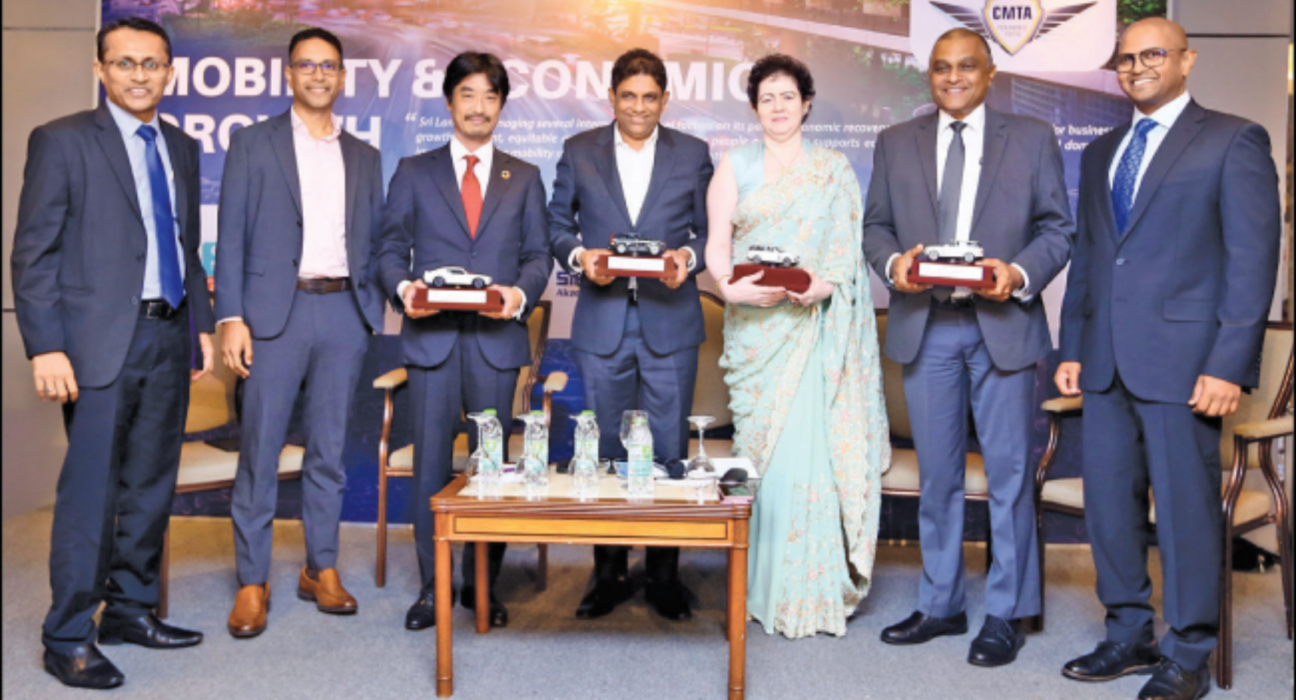Speakers at the ‘Mobility and Economic Growth’ event hosted by the Ceylon Motor Traders Association emphasized the need for a cautious and methodical approach in lifting the import ban on vehicles in Sri Lanka. Bingumal Thewarathanthri, Chief Executive of Standard Chartered Bank, warned that lifting the ban abruptly could lead to a rapid increase in the US dollar, draining foreign currency reserves. He suggested waiting until the debt restructuring process is completed, the third tranche of IMF funds is received, and foreign reserves strengthen further, estimating a suitable time for vehicle imports when reserves reach around USD 6 billion, possibly by the end of the year.
Thewarathanthri stressed the importance of proper documentation, fair taxation, and eliminating the permit system, which he noted both reduces government revenue and leads to permit holders selling their permits for profit rather than using them for vehicle importation. On the other hand, Katsuki Kotaro, Deputy Head of Mission at the Japanese Embassy, highlighted the urgency of allowing electric vehicle (EV) imports but noted the lack of infrastructure, especially charging points, in Colombo. He suggested a phased approach, starting with hybrid cars until 2030 and then transitioning to full EV importation, allowing time for a robust EV charging network across Sri Lanka.
Kotaro referenced Japan’s strategic planning in transitioning to EVs, predicting a comprehensive adoption of EVs in Japan by 2025. He emphasized the need for Sri Lanka to develop a supportive infrastructure before fully embracing EV imports. These discussions underscore the complex considerations involved in balancing economic growth with environmental sustainability and infrastructure readiness in the automotive sector.
